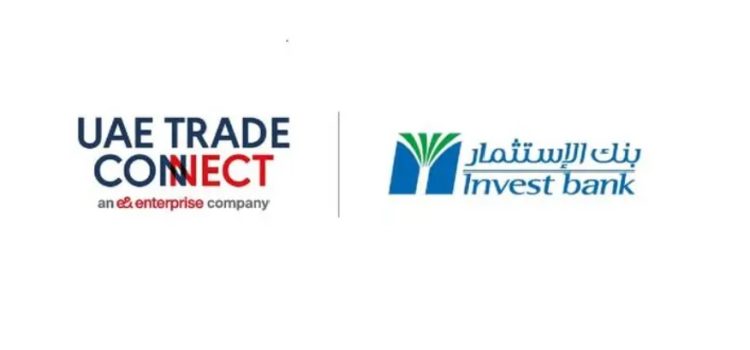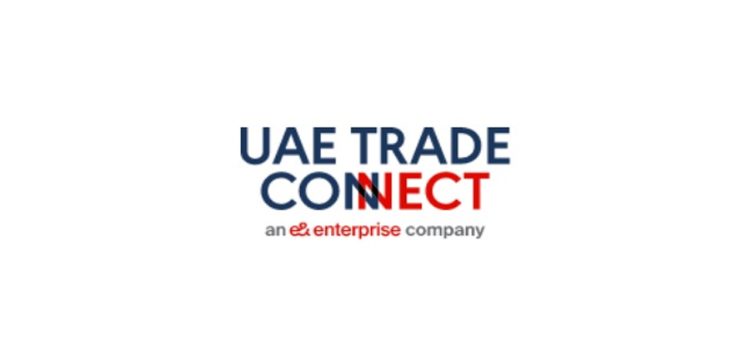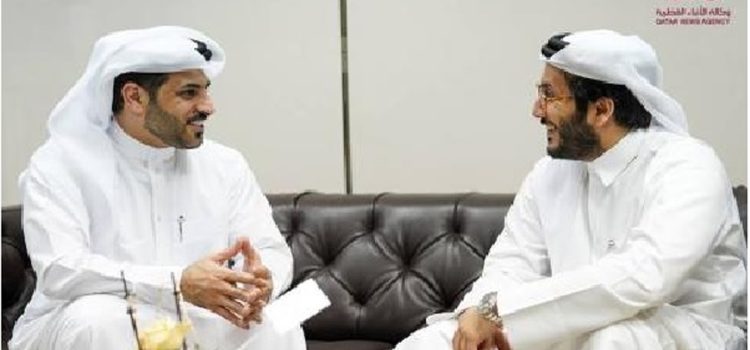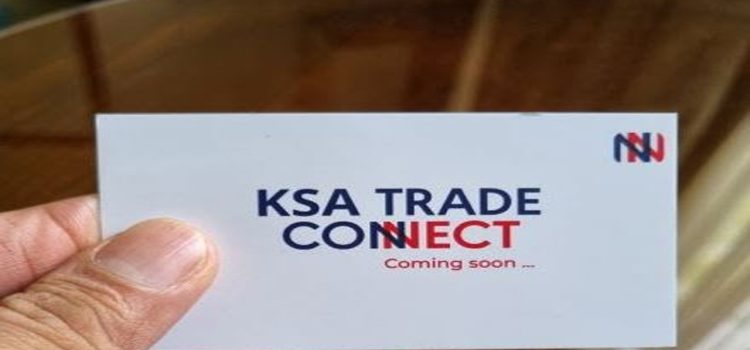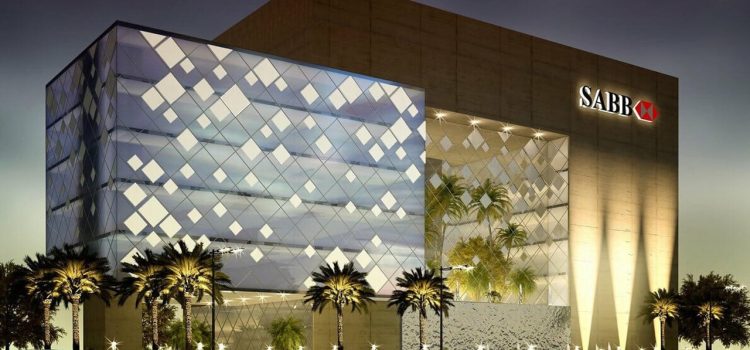
Blockchain Trade Finance platform combating fraud, UAE Trade Connect has just added its 13th bank member. Invest Bank will be the 13th bank to join UAE Trade Connect which is paving the way for a secure, efficient and technologically advanced trade finance landscape.
Initiated in 2021 as a collaborative project between the banking industry and e& enterprise, UTC utilizes cutting-edge technologies such as blockchain, Artificial Intelligence (AI), and machine learning to offer a cloud-native solution. This solution enhances transparency by digitizing trade-related documents in real time, detects suspicious transactions, and prevents fraud.
Zul Javaid, CEO, Trade Connect said: “Invest Bank’s inclusion in the UTC consortium demonstrates our commitment to strengthening the UAE banking industry while also playing a fundamental role in advancing the nation’s digital strategy and contributing to its ambitious growth plans. Our platform is not just a technology solution; it serves as a driving force for economic growth and ensures enhanced risk management.”
Helmi Abdullah, Chief Wholesale Banking Officer, at Invest Bank said: “Joining UAE Trade Connect as a member bank is a significant milestone in our journey, as it reinforces our commitment to enhance our digital trade capabilities supports our growth of Trade Finance business in a secure and efficient manner. This decision demonstrates UTC’s dedication to raising banking standards in the UAE.”
As an official member, Invest Bank gains access to a robust system that validates trade finance transactions, identifies duplication, and combats potential fraud in real time. This empowers the bank to make informed lending decisions, increasing lending confidence and safeguarding funds.
The UTC blockchain platform plays a pivotal role in enhancing lending confidence and transparency, facilitating increased lending opportunities towards mitigating risks, enhancing operational efficiency, and validating invoice transactions worth over AED 170 billion equivalent to $46 billion while detecting multi-million-dirham frauds. UTC has made significant progress towards establishing itself as a national invoice registry.
UAE Trade Connect seeks to expand its offering to other banking entities in the region. In a recent LinkedIn post, Zul Javaid, CEO of UAE Trade Connect, the UAE’s first trade finance platform to combat fraud, announced that they had hired Wissam Massud to lead their international expansion. One of the countries on its list is KSA.








